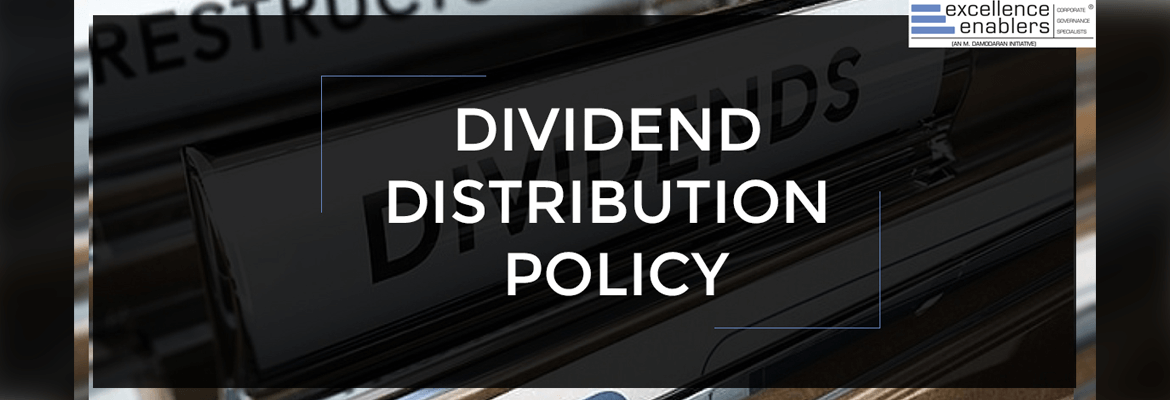A person, an entity, a company, or an organization that holds shares/stocks in a given company is referred to as a ‘Shareholder of the given company’. Typically, shareholders may expect to receive dividends if the company makes profits.
Dividend
A dividend is a reward that publicly listed companies extend to their shareholders if the company makes profits. Dividends can be either in the form of cash, cash equivalent, or additional shares. Most companies pay dividends from the net profit, once the expenses of running the company have been met.
A dividend is paid after the Annual General Meeting of a company, post the amount getting approved by the shareholders. Some companies also pay an interim dividend, which is paid during the year.
Who decides the Dividends?
A company’s board of directors determines the rate/ quantum of dividend that can be paid, and the shareholders approve this amount in the Annual General Meeting of the company.
What does a shareholder expect?
A shareholder expects a fair share in the company’s profit, payable to her/him in the form of a dividend. They also have a right to vote on the resolution which proposes the dividend.
In some companies, the shareholders expect the company to re-invest the amount in investment opportunities for the company’s growth and hope to benefit from the company’s growth in due course.
The Dividend Distribution Policy – What is it and Why is it?
The policy that explains the approach of a company to dividend distribution is referred to as the Dividend Distribution Policy. It states the company’s stance on when the dividend be paid to shareholders, and in what situations, and to what extent the company may choose to retain its profits.
There is no legal obligation on the part of the company to pay a dividend to its shareholders. Even though the shareholders are well-versed with this fact, many of them, as also the market, consider dividend payout as a bellwether of the company’s financial health.
There are many factors which influence the company’s decision on whether to pay out dividends or to retain the amount with the company. Both external and internal factors are considered while recommending/declaring the dividend.
If we talk about the external factors, a few of them are:
- Any significant changes in the macro-economic environment affecting the country,
- Any political, tax or regulatory changes in the country,
- Any technological or competitive environment changes.
Internal factors that can influence the dividend are:
- Any expected cash requirements of the company, including working capital, capital expenditure,
- Quarterly and annual results,
- Free cash flow generation,
- Buy-back of shares
- Investments including acquisitions and mergers,
- Funds required to service any loan.
Ideally, retention should also get a lot of attention as it helps the company to have more funds, which will result in the growth of not only the company but also the shareholder.
A good Dividend Distribution Policy should factor all these.
Now the question is: Is the policy ideal? Should the primary focus be Payout or Retention?
Earlier, the focus of a number of companies was on retention. But over time, the shift has been towards a balance between the two since shareholders too should be rewarded for their investment in the company.

